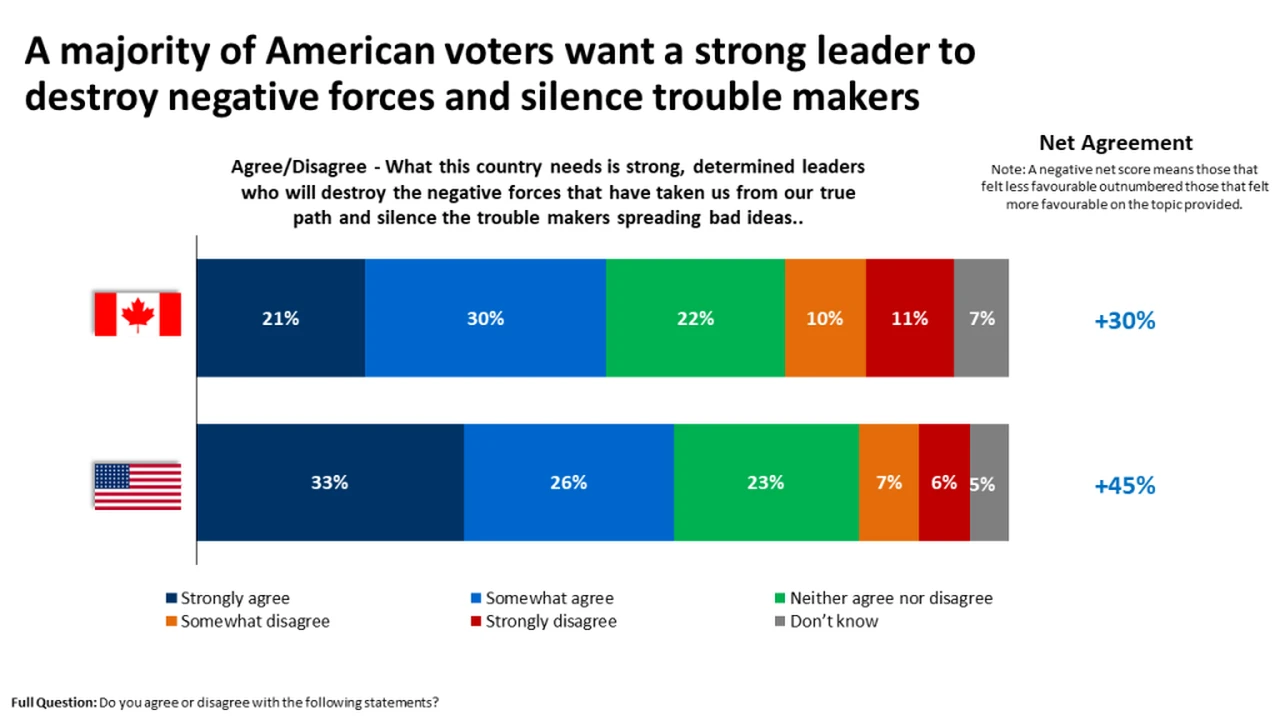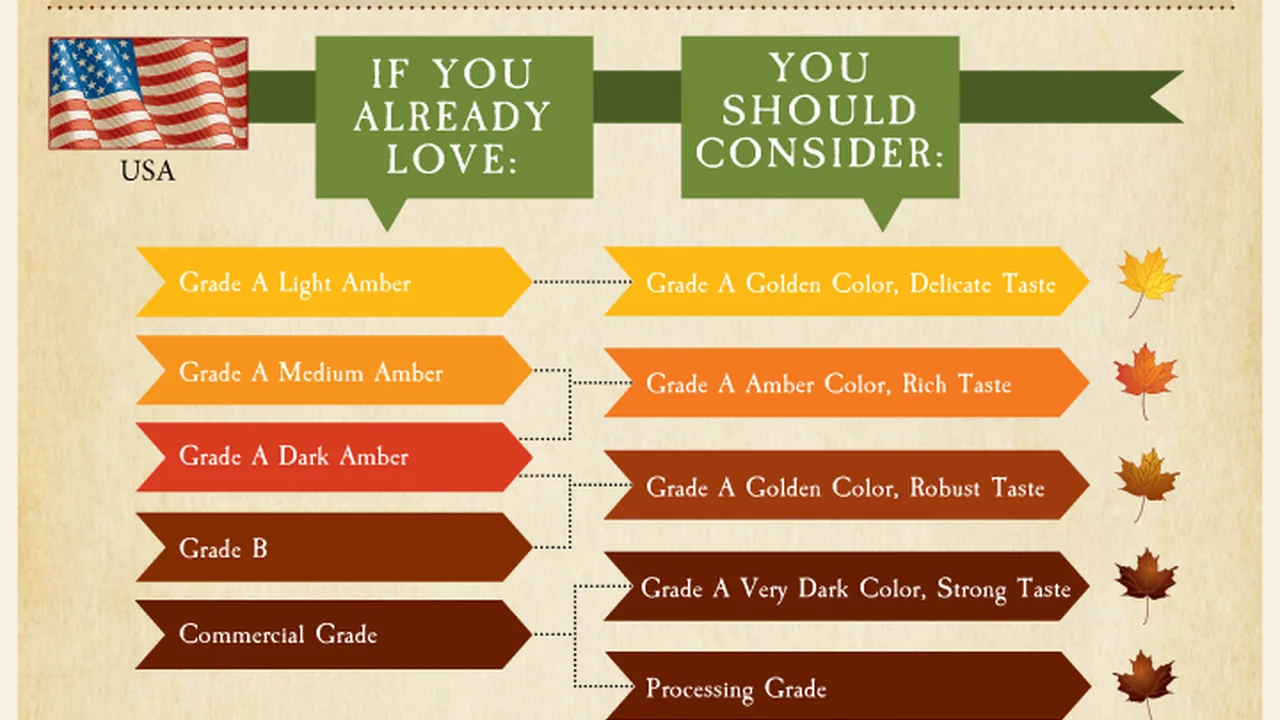Comparing Canadian and American Values: Key Differences
Explore the subtle but significant differences between Canadian and American values. Understand the cultural nuances that shape Canadian society. Gain a deeper appreciation for Canada's unique identity.

Understanding Canadian Values vs American Values A Cultural Comparison
Alright, folks, let's dive into something a little deeper than just where to find the best poutine (though we can talk about that later!). We're going to explore the values that shape Canadian society and how they compare to those in the good ol' US of A. It's not about saying one is better than the other, but about understanding the subtle nuances that make Canada, well, Canada.
Now, I know what you might be thinking: "Aren't they pretty much the same?" Well, on the surface, sure. We both speak English (mostly!), love hockey (Canadians maybe a *little* more), and enjoy a good road trip. But scratch beneath the surface, and you'll find some interesting differences in how we approach life, government, and each other.
Collectivism vs Individualism: Canadian Values Spotlight
One of the biggest differences you'll notice is the emphasis on collectivism in Canada versus the more prominent individualism in the US. What does that mean, exactly? Think about it this way: In Canada, there's a stronger sense of "we're all in this together." This translates into things like:
- Universal Healthcare: Canadians believe that healthcare is a right, not a privilege. Everyone should have access, regardless of their income.
- Strong Social Safety Net: Things like Employment Insurance (EI) and social assistance are designed to support people who are struggling.
- Emphasis on Community: There's a greater focus on community involvement and supporting local initiatives.
In the US, individualism tends to be more celebrated. The focus is often on personal achievement, self-reliance, and pulling yourself up by your bootstraps. While Canadians admire success, they also tend to value cooperation and helping those in need.
Government's Role: Canadian Perspective vs American Perspective
This difference in values extends to the role of government. In Canada, there's generally more acceptance of government intervention in areas like healthcare, education, and environmental protection. Canadians often see the government as a tool to create a more equitable society.
In the US, there's often more skepticism about government overreach. The emphasis is on limited government, free markets, and individual liberty. This leads to different approaches to things like regulation, taxation, and social programs.
Peacekeeping vs Military Might: Canadian Foreign Policy
Historically, Canada has played a significant role in international peacekeeping efforts. The focus is on diplomacy, negotiation, and conflict resolution. While Canada has a military, it's generally seen as a force for peace and stability, rather than aggression.
The US, on the other hand, has a much larger and more powerful military and is more willing to use it to project its power and protect its interests around the world. This difference reflects different views on the role of a nation in the global arena.
Cultural Diversity and Multiculturalism: Canadian Approach
Canada has officially embraced multiculturalism as a national policy. This means that the government actively supports and promotes the preservation of different cultures within Canada. It's not about assimilation, but about integration – allowing people to maintain their cultural identities while also participating fully in Canadian society.
The US has traditionally been seen as a melting pot, where different cultures blend together to form a new American identity. While cultural diversity is valued, there's often more pressure to assimilate and adopt American customs and values.
Politeness and Humility: Canadian Stereotypes and Reality
Okay, let's talk about the stereotype: Canadians are known for being polite and humble. While it's definitely a generalization, there's some truth to it. Canadians tend to be less boastful and more reserved than Americans. They're often quick to apologize (even when it's not their fault!) and try to avoid conflict.
This isn't to say that Americans aren't polite, but there's a different cultural emphasis. In the US, confidence and assertiveness are often seen as positive traits, while in Canada, humility and modesty are often more valued.
Practical Examples and Product Recommendations Reflecting Canadian Values
So, how do these values translate into everyday life and even consumer choices? Let's look at some examples and product recommendations that reflect Canadian values:
Ethical and Sustainable Clothing: Frank and Oak
The Value: Environmental responsibility and ethical production.
The Product: Frank and Oak is a Canadian brand known for its sustainable and ethically made clothing. They use recycled materials, organic cotton, and responsible manufacturing processes. They also offer a style plan subscription, minimizing waste by only sending what you need.
The Scenario: You're looking for a new winter coat that's both stylish and warm. You want something that will last for years and that you can feel good about buying.
The Comparison: Compared to fast-fashion brands that prioritize low prices and mass production, Frank and Oak focuses on quality, durability, and ethical sourcing. While the price point might be higher (coats range from $200-$500 CAD), you're investing in a product that will last longer and have a smaller environmental impact.
Support Local Businesses: Buying from Etsy Canada
The Value: Supporting local communities and small businesses.
The Product: Etsy Canada is a platform that connects buyers with Canadian artisans and small businesses. You can find everything from handmade jewelry to unique home decor to personalized gifts.
The Scenario: You need a gift for a friend's birthday. You want something unique and thoughtful that supports a local artist.
The Comparison: Compared to buying from large retailers, Etsy allows you to directly support Canadian entrepreneurs and craftspeople. You're getting a one-of-a-kind item and contributing to the local economy. Prices vary widely depending on the product, but you can often find affordable and meaningful gifts.
Outdoor Gear: MEC (Mountain Equipment Company)
The Value: Accessibility to outdoor recreation and environmental stewardship.
The Product: MEC is a Canadian cooperative that sells outdoor gear and clothing. They're known for their high-quality products at reasonable prices, and they also have a strong commitment to environmental sustainability.
The Scenario: You're planning a hiking trip in the Canadian Rockies and need a new backpack and hiking boots.
The Comparison: Compared to other outdoor retailers, MEC offers a wide range of products at competitive prices. They also have a strong focus on sustainability, offering repair services and selling used gear. Membership costs $5 CAD for a lifetime, and you get access to exclusive deals and events. Backpacks range from $80-$300 CAD, and hiking boots range from $150-$400 CAD.
Financial Responsibility: Tangerine Bank
The Value: Frugality, and simple banking.
The Product: Tangerine Bank is a Canadian direct bank that offers no-fee chequing accounts and high-interest savings accounts. They also have a range of investment products.
The Scenario: You are an American that lives close to the border, and want to open a Canadian bank account for travel.
The Comparison: Compared to traditional banks with high fees, Tangerine offers a more affordable and convenient banking experience. It's a great option for Canadians who are looking to save money on banking fees. There are no minimum balances and free access to ATMs, making it ideal for travellers. It's also FDIC insured, so your money is safe.
Final Thoughts on Canadian Values
Understanding Canadian values can help you have a richer and more meaningful experience when visiting or even considering moving to Canada. It's about appreciating the cultural nuances that make Canada unique and fostering a greater understanding between our two countries. So, next time you're chatting with a Canadian, remember these differences and you'll be well on your way to becoming an honorary Canadian yourself!
:max_bytes(150000):strip_icc()/277019-baked-pork-chops-with-cream-of-mushroom-soup-DDMFS-beauty-4x3-BG-7505-5762b731cf30447d9cbbbbbf387beafa.jpg)






